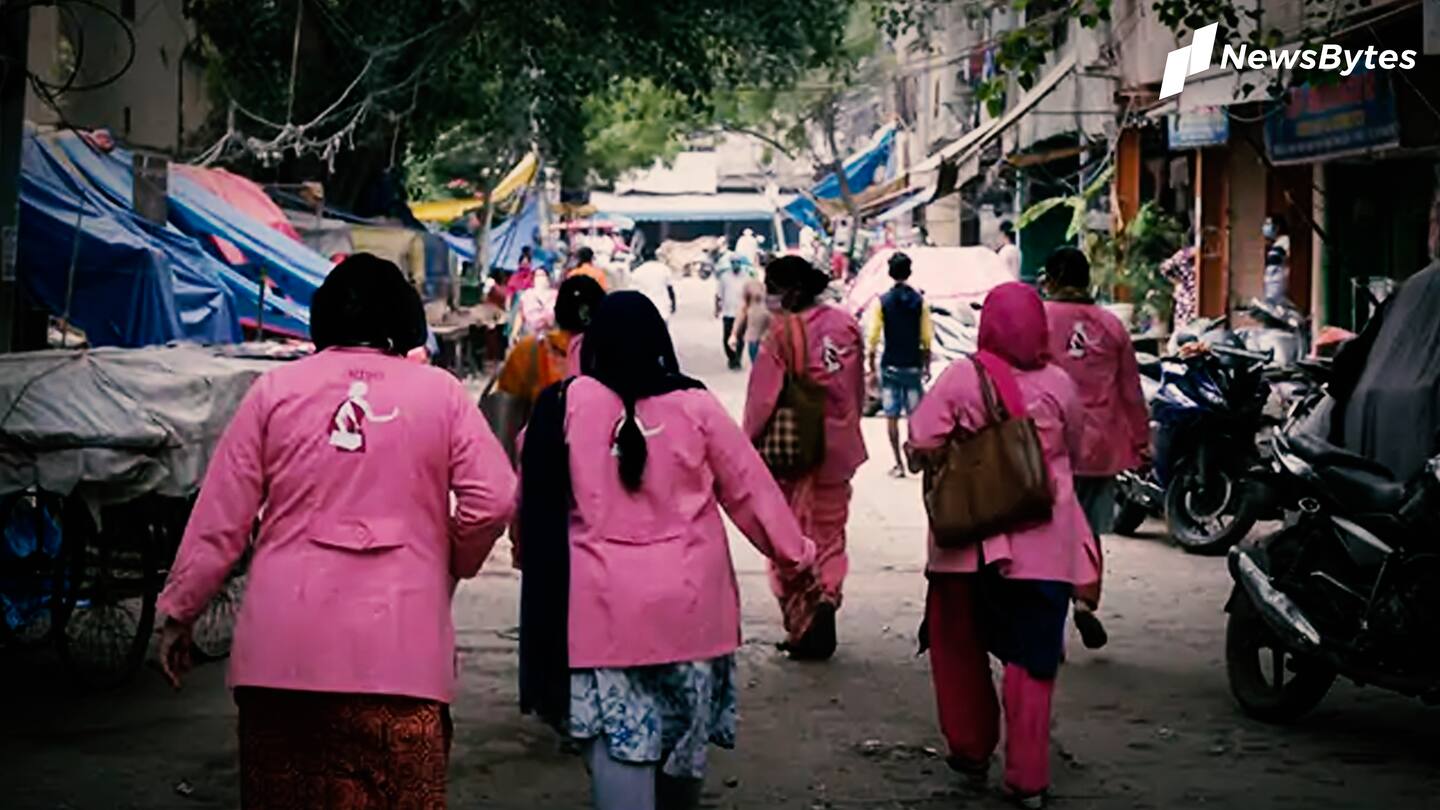
ASHA workers go on strike, demand respectable salaries, more protection
What's the story
ASHA workers, who bridge the gap between India's porous healthcare system and the needy, have had enough of government's neglect, and have decided to go on a two-day strike from August 7.
Nearly 600,000 women of the one million-strong workforce will protest against paltry payment.
They want a minimum wage system and a heavier supply of safety gear for protection from coronavirus.
History
ASHA was created under the National Rural Healthcare scheme
To note, the ASHA system was created in 2005 under the National Rural Health Mission. Their services are mostly targeted at the lower and disadvantaged sections of society.
As per the rules and regulations, they are supposed to work only for two or three hours per day, but owing to the COVID outbreak, they are now forced to work daily for 10 long hours.
Grievances
No minimum wage system, some remain unpaid for months
The ASHA (Accredited Social Health Activists) army, consisting of female volunteers, is shockingly not considered as a 'workforce' under India's minimum wage law.
An ASHA worker Sulochana Sabde, 45, told Bloomberg that they were paid a measly sum of Rs. 2,000 despite working from 7 am to 5 pm.
"The government has no place for us in its heart," she lamented.
Issues
Less salary, more harassment: Looking at the problems they face
A meager salary isn't their only worry as these healthcare workers are often at the receiving end of ridicule and harassment, which heightened in COVID-era.
One worker from Punjab, Balbir Kaur, said suspected COVID-19 patients harassed her, alleging that her report prompted healthcare officials to haul them into a quarantine center.
Their reporting duties are often viewed as "snitching" by locals, reports Bloomberg.
Deaths
Moreover, many have died due to lack of protection
The ASHAs, left to fend for themselves, aren't immune to deaths, obviously. Recently, one Saira Anwar Sheikh died due to coronavirus in Maharashtra. She was given a mask and gloves for her work, but no protective gear.
After her death, her husband hasn't been able to get the insurance promised to COVID-19 frontline workers by Centre, despite having notified the relevant authorities many times.
Protest
Like ASHA workers, other frontline warriors are also unhappy
The ASHAs will be joined in their strike by Anganwadi workers and others who are employed under the National Health Mission.
10 central trade unions are helping these health workers mobilize their demands. The unions include AITUC, HMS, INTUC, CITU, AIUTUC, TUCC, and others.
The bodies said in a statement that they will organize a 'jail bharo' movement on August 9.
Demands
The workers want more money, pension
The Economic Times has reported that the ASHAs are demanding the minimum wage of Rs. 21,000 per month, Rs. 10,000 per month pension and other benefits like ESIC and PF.
They also want central government-sponsored schemes like ICDS, NHM, and MDMS to be made permanent.
Alongside this, they are also protesting against the privatization of government-run schemes.
Statement
By neglecting ASHAs, government is ignoring the poor: Experts
The ordeal of these workers shows the government is not concerned about the poor, opine experts.
T Sundaram, the global coordinator of the People's Health Movement, said, "They are going to lower-caste households. They are reaching out to women. They are not going to the middle class or the Bollywood elite."
He added that the country stands to lose a lot, if these women stop working.
Quote
A lot of country's healthcare depends on them
"If they withdraw, then even routine services including immunization and tuberculosis control will be seriously affected. They are trying to draw attention to the overall pressures they are under....it is the denial of their basic terms of services," Sundaram added.
Crisis
Can strike, can't quit: Some workers revealed their helplessness
Although the ASHA workers are on strike to demand basic rights, very few of them can actually afford to give up their jobs altogether.
Jeet Kaur, a worker from Punjab, said she will not be able to feed her children if she gives up.
Husbands of most of these workers have already lost their jobs during the pandemic, hence, quitting isn't an option.